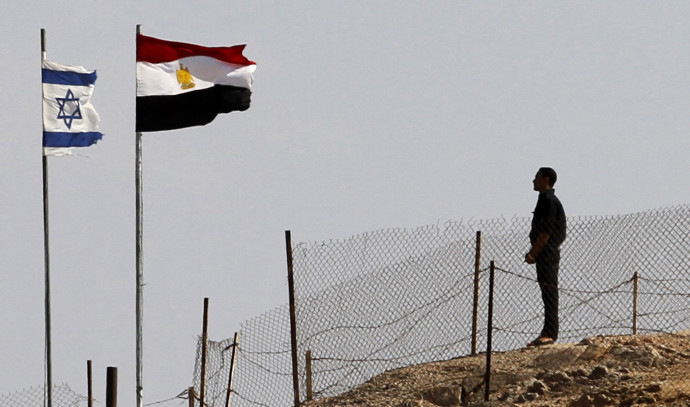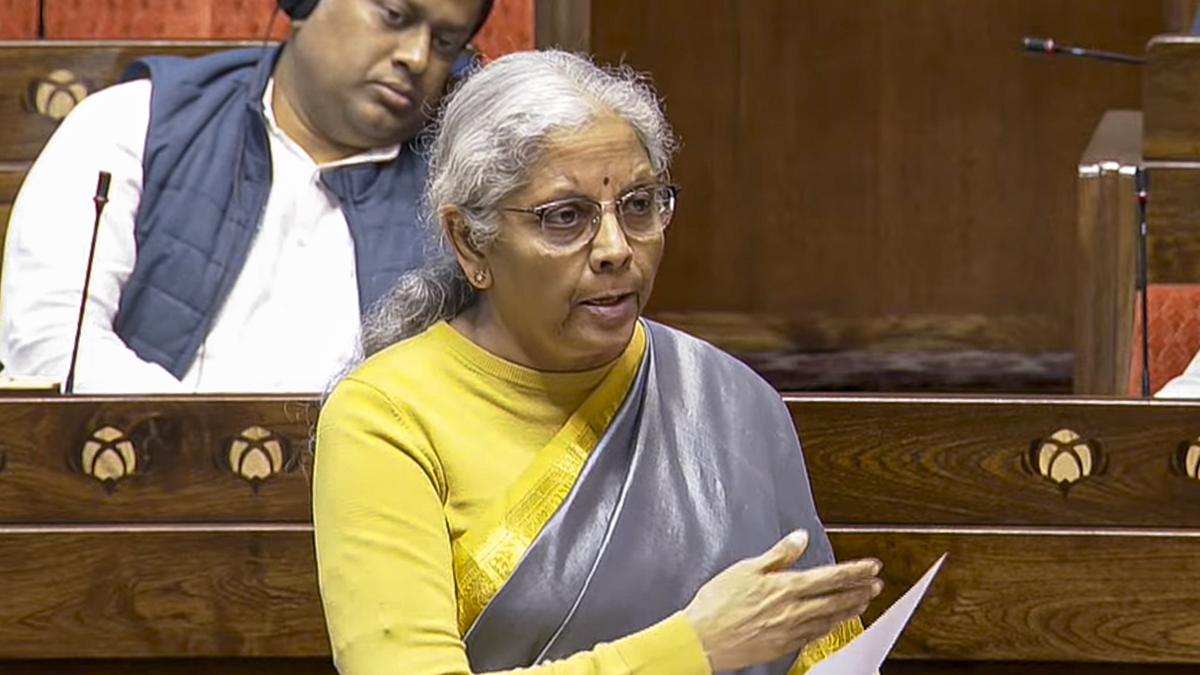Egypt-Israel ties are being closely watched in the region. This includes a number of reports from the Gulf, particularly from the UAE media, as well as reports from pro-Iranian media, indicating that different parties in the region are keenly engaged in this topic.
The reason for this is clear. Egypt was the first Arab country to make peace with Israel, and historically, it has been a center of Arab military, political, and cultural power. If Egypt begins to turn on Israel due to the Rafah operation, it could have widespread effects.
It’s important to understand what is at stake here. The Jordan-Israel relationship has often been tense over the last decades. There is a particularly negative view in the Kingdom regarding Prime Minister Benjamin Netanyahu.
This is clear from the fact that Israel-Jordan relations appeared to improve when Netanyahu was briefly out of office. There is a lot of baggage in the Israel-Jordan relationship, and Jerusalem expects negative statements from Amman. What this means is that a lot of criticism of Israel is a built-in feature of the relationship with the Kingdom.
Israeli ties with Egypt different from ties with Jordan
The ties with Egypt are different. Whereas Jordan has a large Palestinian population and public negativity toward Israel is seen as a way to placate the masses, with Egypt, this is different.
Once the current President Abdel Fattah al-Sisi came to power in Egypt in 2013, ties with Israel were rumored to be quite good. This didn’t mean there were state visits, but it meant that things were generally quiet, and when there were reports, the reports spoke of various levels of cooperation. Cooperation could include things such as the struggle against extremism in Sinai.
Today, things are different. There are reports that Egypt is outraged about Israel’s operation in Rafah due to how it was handled. There are reports Egypt could lodge a complaint about the peace treaty because Israel has sent so many troops, including tanks, into a sensitive area, possibly violating various terms of the peace treaty. Egypt is also now reportedly supporting the South African case against Israel at the ICJ.
What matters here is not always the technicalities. What matters is perception. Perception is everything in the Middle East. Israel must be perceived as strong to deter its enemies.
When Israel is perceived as weak and isolated and surrounded, then the enemies will grow, and they will be willing to take advantage of the situation, exploit the crisis, and take potshots at Israel. This is not in Israel’s interest. It also not in Jordan’s or Egypt’s interest. But Egypt does not want to be perceived as weak either. It doesn’t want to feel ignored or neglected. For this reason, the US has been listening to Cairo’s concerns. Saudi Arabia is listening as well. But it is not clear if Israel is listening.
Therefore, regional media are having a field day with reports of Egypt-Israel tensions. The pro-Iran Al-Mayadeen says that a meeting between Egyptian and Israeli officials was canceled. Al-Ain media in the UAE has been covering the crisis over the Egypt-Israel peace treaty.
A report on May 11 also said that Egypt and Qatar rejected an Israeli proposal to control the civil administration in Gaza. Al-Ain also reported on May 13 about Egypt supporting the South Africa case at the ICJ against Israel.
It remains to be seen what will come next. However, what is important is that the murmurs of a crisis between Israel and Egypt are playing into the regional sense that Israel could become more isolated and that many of the taboos in the region, such as challenging peace treaties, could suddenly become less of a taboo. That would be a major setback for Israel.







